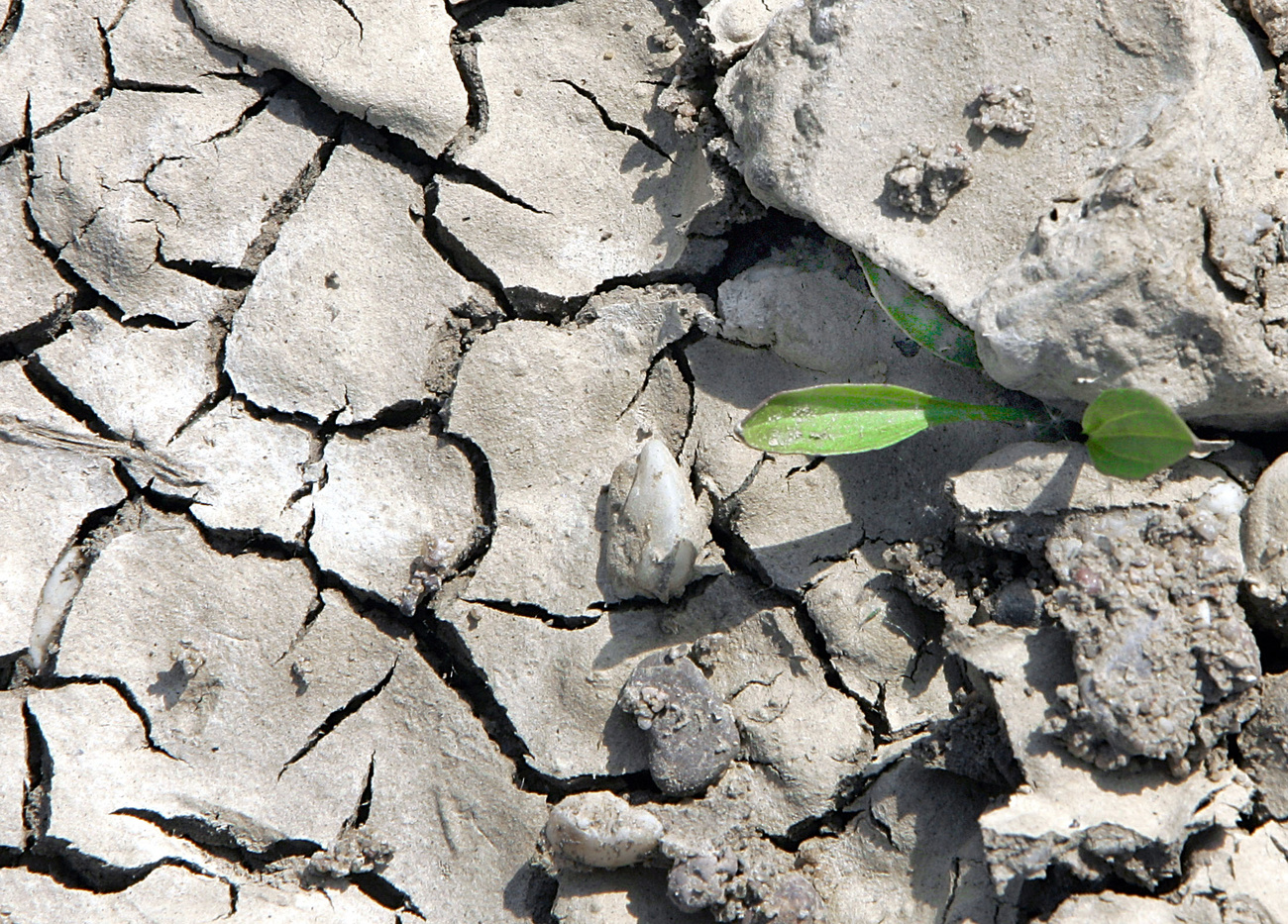
Swiss financial sector makes limited climate progress

The Swiss financial sector has made some progress in ‘greening’ its investment portfolios in recent years, but not enough, a government-backed analysis has found.
Some 133 financial firms, including pension funds, banks, and insurance companies participated in the PACTAExternal link climate compatibility test spurred by the Federal Office for the Environment (FOEN).
In a press releaseExternal link, FOEN said some steps had been taken to reach the objectives of the Paris Agreement on Climate Change: notably, a third of firms surveyed said they had adopted a climate strategy and outlined concrete goals to reach by 2050.
Investments in fossil fuels – a source of major criticism (and activism) targeting the Swiss financial sector – also decreased compared to 2020, the assessment found, while “exposure to renewables and electric vehicles” increased. One-third of real estate portfolios analysed were heated with renewable energy, compared to a quarter in 2020.

More
Banks urged to think green or face extinction
That said, FOEN added that there is still much room for improvement when it comes to cleaning up portfolios, particularly when it comes to the ongoing investment in companies engaged in fossil fuel extraction.
Peter Haberstich, an expert with environmental NGO Greenpeace, also said on Thursday that the Swiss financial centre’s investments “are still not compatible with the goal of avoiding going beyond the tipping points of the climate system”.
For Greenpeace, voluntary measures have no impact: just 15% of institutions have set climate targets with intermediate goals for 2025 and 2030, the NGO said. Swiss financial firms must encourage the companies in which they invest to reduce emissions, Greenpeace says.
Climate reporting obligation
On Wednesday, the government also confirmed that from 2024, big Swiss companies will be obliged to produce reports on their environmental impact. The reporting lawExternal link will apply to public companies, banks, and insurance companies with more than 500 employees, total assets of at least CHF20 million ($21.02 million), or turnover higher than CHF40 million.
Two main areas will have to be reported in future: first, a company’s financial or investment risks linked to climate change, and second, the concrete impact that the firm’s commercial activity has on the environment. The companies will also have to define targets and plans of how to reduce their direct and indirect greenhouse gas emissions.

In compliance with the JTI standards
More: SWI swissinfo.ch certified by the Journalism Trust Initiative





























You can find an overview of ongoing debates with our journalists here . Please join us!
If you want to start a conversation about a topic raised in this article or want to report factual errors, email us at english@swissinfo.ch.